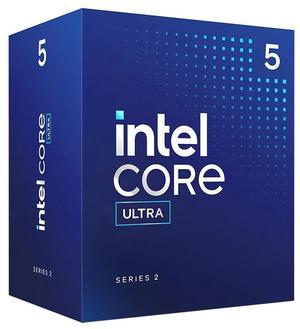- In Stock
- Sold by Newegg
- AI Ready
- New
- Make an Offer
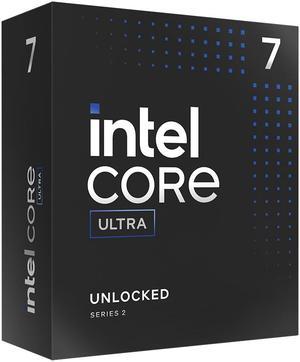
- Model #: BX80768265K
- $352.99
- $299.03 –
- Save: 15%
- Free Shipping
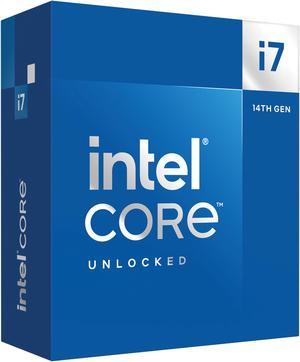
Free SSD and Intel Builders Bundle with purchase, LIMITED TIME ONLY
- Model #: BX8071514700K
- $419.99
- $336.11 –
- Save: 19%
- Free Shipping
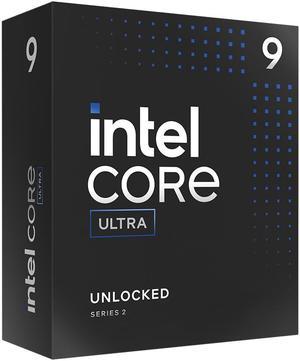
Free SSD and Intel Builders Bundle with purchase, LIMITED TIME ONLY
- Model #: BX80768285K
- $589.99
- $588.99 –
- Sale Ends in 15 Hours -
- Free Shipping
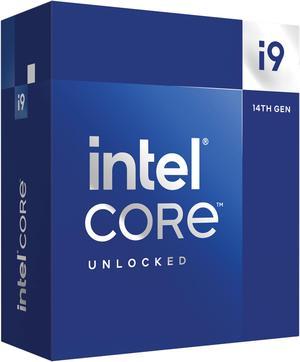
Free SSD and Intel Builders Bundle with purchase, LIMITED TIME ONLY
- Model #: BX8071514900K
- $599.00
- $479.00 –
- Save: 20%
- Free Shipping
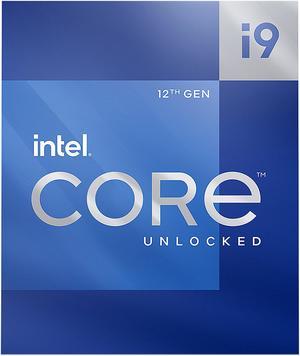
- Model #: BX8071512900K
- $649.99
- $303.30 –
- Sale Ends in 15 Hours - Save: 53%
- Free Shipping
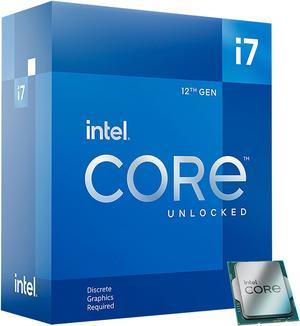
- Model #: BX8071512700KF
- $209.99
- $189.98 –
- Sale Ends in 15 Hours - Save: 9%
- Free Shipping
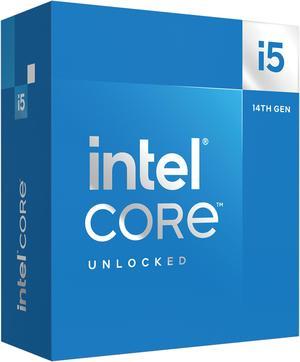
- Model #: BX8071514600K
- $218.99
- $199.99 –
- Save: 8%
- Free Shipping
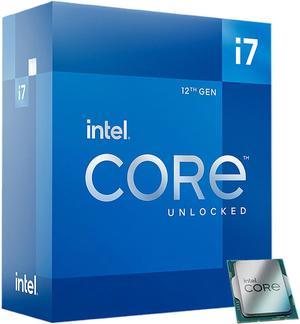
- Model #: BX8071512700K
- $449.99
- $219.97 –
- Sale Ends in 15 Hours - Save: 51%
- Free Shipping
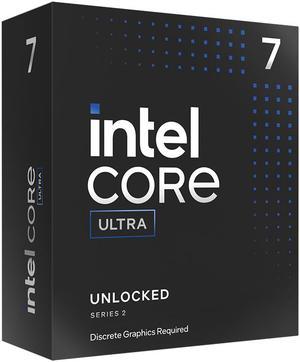
Free SSD and Intel Builders Bundle with purchase, LIMITED TIME ONLY
- Model #: BX80768265KF
- $339.99
- $279.00 –
- Sale Ends in 15 Hours - Save: 17%
- Free Shipping
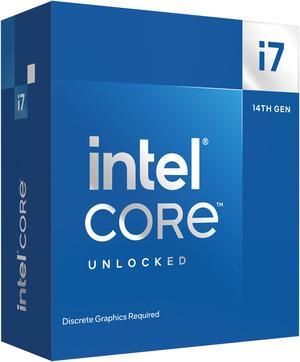
Free MEM and Intel Spring Bundle with purchase, LIMITED TIME ONLY
- Model #: BX8071514700KF
- $327.99
- $326.97 –
- Free Shipping
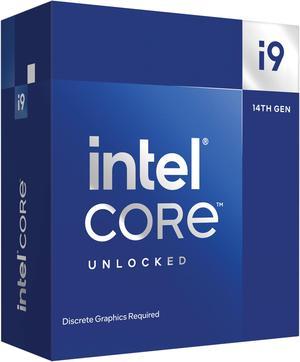
Free MEM and Intel Spring Bundle with purchase, LIMITED TIME ONLY
- Model #: BX8071514900KF
- $439.99
- $434.22 –
- Free Shipping
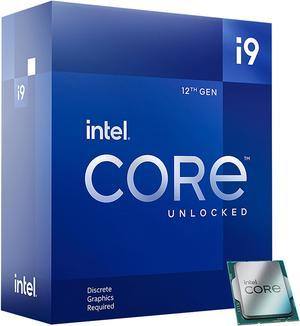
- Model #: BX8071512900KF
- $279.99
- $269.90 –
- Sale Ends in 15 Hours -
- Free Shipping
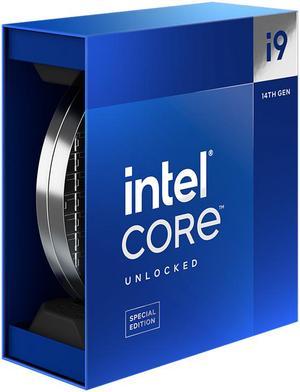
Free SSD and Intel Builders Bundle with purchase, LIMITED TIME ONLY
- Model #: BX8071514900KS
- $669.99 –
- Free Shipping
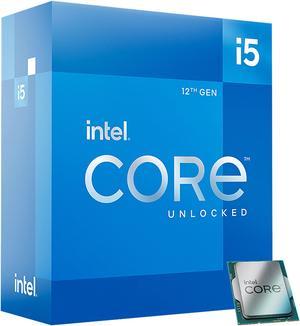
- Model #: BX8071512600K
- $299.99
- $180.99 –
- Save: 39%
- Free Shipping
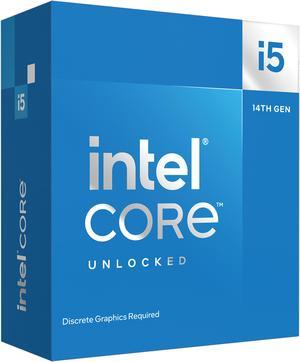
Free SSD with purchase, LIMITED TIME ONLY
- Model #: BX8071514600KF
- $215.99
- $202.60 –
- Save: 6%
- Free Shipping
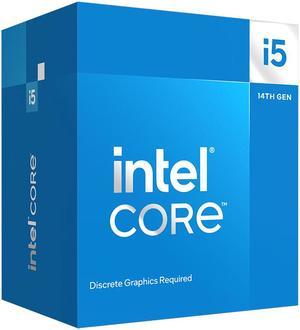
- Model #: BX8071514400F
- $130.00
- $129.98 –
- Free Shipping
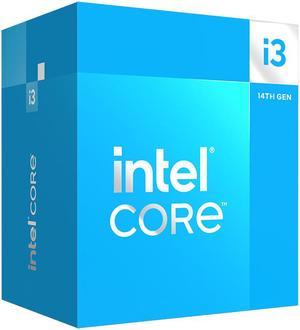
- Model #: BX8071514100
- $119.99
- $119.97 –
- Free Shipping
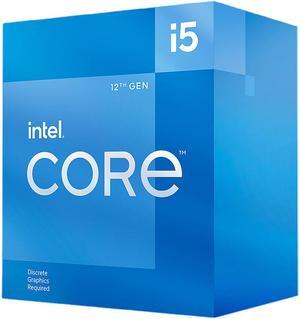
- Model #: BX8071512400F
- $114.99
- $108.99 –
- Save: 5%
- Free Shipping
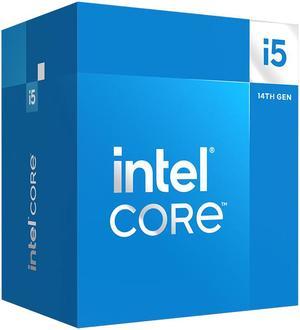
Free Intel Spring Bundle with purchase, LIMITED TIME ONLY
- Model #: BX8071514400
- $249.99
- $176.97 –
- Save: 29%
- Free Shipping
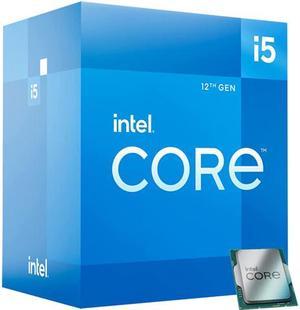
- Model #: BX8071512400
- $143.57
- $143.55 –
- Free Shipping
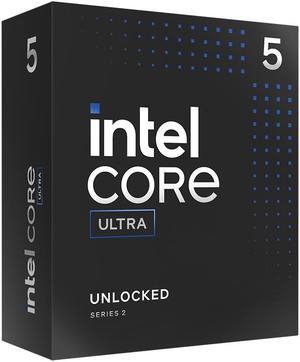
Free MEM and Intel Spring Bundle with purchase, LIMITED TIME ONLY
- Model #: BX80768245K
- $317.99
- $299.99 –
- Sale Ends in 15 Hours - Save: 5%
- Free Shipping
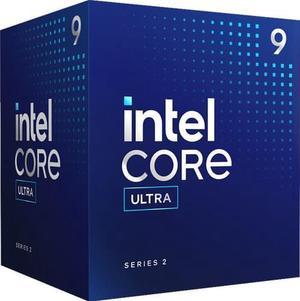
- Model #: BX80768285
- $589.99
- $539.99 –
- Save: 8%
- Free Shipping
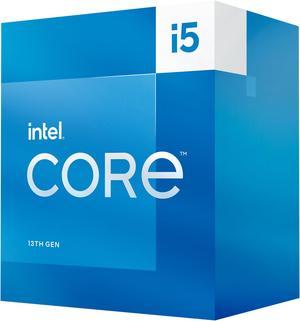
off w/ promo code SSESA237, limited offer
- Model #: BX8071513400
- $160.99 –
- Sale Ends in 15 Hours -
- Free Shipping
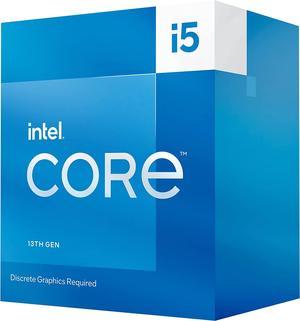
- Model #: BX8071513400F
- $134.45
- $134.43 –
- Free Shipping
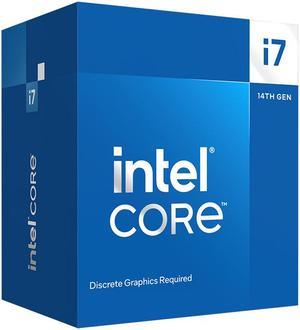
Free Intel Spring Bundle with purchase, LIMITED TIME ONLY
- Model #: BX8071514700F
- $307.72
- $305.51 –
- Free Shipping
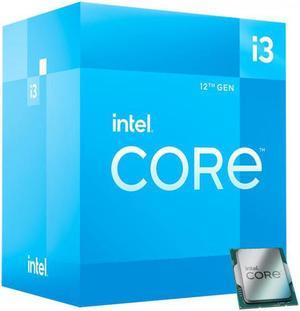
- Model #: BX8071512100
- $149.99
- $113.60 –
- Save: 24%
- Free Shipping
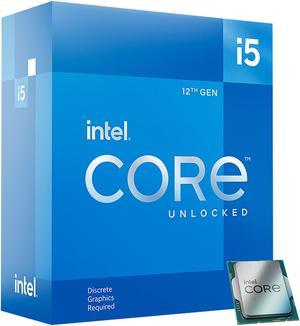
- Model #: BX8071512600KF
- $157.00
- $147.99 –
- Sale Ends in 15 Hours - Save: 5%
- Free Shipping
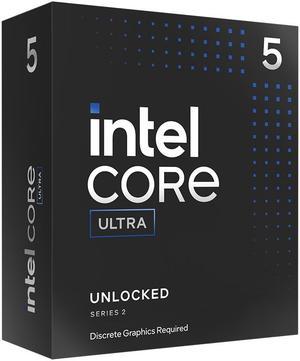
Free SSD and Intel Builders Bundle with purchase, LIMITED TIME ONLY
- Model #: BX80768245KF
- $289.99
- $284.99 –
- Free Shipping
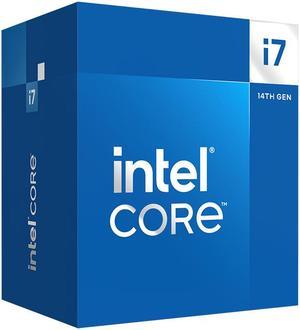
Free Intel Spring Bundle with purchase, LIMITED TIME ONLY
- Model #: BX8071514700
- $329.99
- $323.97 –
- Free Shipping
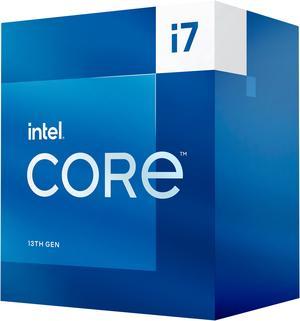
- Model #: BX8071513700
- $319.95 –
- Free Shipping

Free Intel Spring Bundle with purchase, LIMITED TIME ONLY
- Model #: BX8071514500
- $246.99
- $239.27 –
- Free Shipping
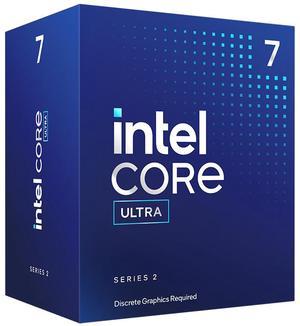
- Model #: BX80768265
- $369.99
- $359.99 –
- Free Shipping
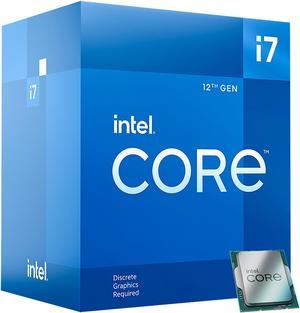
- Model #: BX8071512700F
- $235.97 –
- Free Shipping
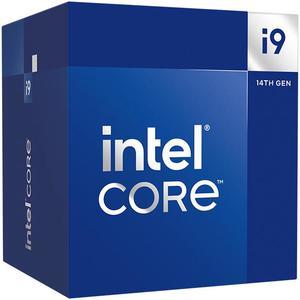
Free Intel Spring Bundle with purchase, LIMITED TIME ONLY
- Model #: BX8071514900
- $579.99 –
- Free Shipping
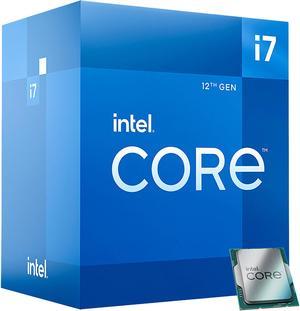
- Model #: BX8071512700
- $277.99
- $277.97 –
- Free Shipping
Intel® processors have been the standard for CPUs for decades, as they provide plenty of power for all your needs. Your computer's central processing unit (CPU) is the brains and the engine of your computer. Depending on what you use your system for, you will want the right CPU. Intel offers a wide choice of CPUs, ranging from models for basic users to those for hard-core gamers or multimedia users.
The Right Type of CPU Accommodates Your Specific System
When looking at CPUs, first ask yourself what type of computer you are installing it in. A server processor is more powerful than one used in a standard computer so that it can handle your business or enterprise needs. The Xeon® CPU is a good option for an Intel processor for use in servers, as it will allow you to manage shared resources across your network. A mobile processor is a typical choice for a laptop or notebook computer, as it is smaller but still has plenty of power. A mobile CPU also uses less power, which helps to optimize battery life.
Low-End Intel Processors Handle Your Daily Tasks
If you are going to use your computer mostly for everyday, basic applications, an Intel Celeron® will do the job. It is the lowest-end Intel CPU processor, and it is aimed towards users who typically perform basic tasks on their computers. Yet, it packs plenty of power for surfing the web, everyday business applications, email and light gaming. If you want something that is a step above the Celeron, the Intel Pentium® Gold is a nice choice. It offers more speed, all the way up to over 3.5 GHz, making it ideal for older, less-intensive video games. If you want just a little more power, the Intel Core™ i3 series offers at least two cores, which gives your system more ability to multitask so that you can have more applications open at once.
The Core Series of Intel Processors Gives You the Power for More Demanding Applications
The most popular series of Intel processors is the Core series, and come standard in most computers today. Above the i3, you can find the i5 and i7, many of which will have at least four cores for greater multitasking capability. Intel Core processors that are part of the i5 and i7 series are a wise choice for more serious computer gamers, since they not only have more cores, but also more overall speed. The highest-end Core CPU is the i9, which has anywhere from six to 18 cores and a higher clock speed than other Core processors. For all Core CPUs, Intel Coffee Lake processors, which are the eighth generation of Core CPUs, are the latest and most powerful. The Coffee Lake architecture has the most cores and threads available, which makes it ideal for hard-core gaming, graphics and video editing and movies in the highest resolution possible.
Intel Core Series: Revolutionizing Efficiency
Intel has announced its new Arrow Lake Core Ultra desktop processors in OCT 2024, branded as the Core Ultra 200 Series, mark a significant shift in focus towards power efficiency and AI capabilities. This five-chiplet design utilizes Foveros 3D packaging and TSMC N3B, N5P, and N6 processes. The Core Configuration features up to 24 cores (8 Lion Cove P-cores + 16 Skymont E-cores), with key features including an integrated NPU, DDR5 memory support, PCIe 5.0, and LGA 1851 socket. Notably, power efficiency is improved by up to 58% in productivity tasks and 73W average power reduction in gaming.
Intel Core Processors: 12th, 13th, and 14th Gen
Intel's 12th, 13th, and 14th Gen CPUs offer hybrid architecture, featuring P-cores and E-cores for balanced performance. These previous generations support DDR4 and DDR5 memory (platform dependent) and are compatible with the LGA 1700 socket across various configurations.
Available Configurations
- Core i9: Up to 24 cores (8 Performance-cores + 16 Efficiency-cores) for maximum performance
- Core i7: Balanced high-end performance
- Core i5: Ideal for mainstream computing and gaming
- Core i3: Entry-level computing solutions
Key Features
- Hybrid architecture with P-cores and E-cores
- Support for DDR4 and DDR5 memory (platform dependent)
- Compatibility with LGA 1700 socket
- Balanced performance for various applications

